Reports

At its 28th General Assembly on 17 May 2022, the Learned Society of the Czech Republic elected Professor Jiří Matas from the Faculty of Electrical Engineering of the Czech Technical University in Prague as a full member.
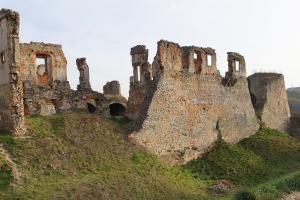
The jury of the Břetislav Štorm Award selected the best works in the field of conservation. The student projects reflect different approaches to the reconstruction of heritage buildings and also intervene in the professional debate. The award-winning thesis became part of the documentation for the nomination of Žatecko region to the UNESCO World Heritage List.
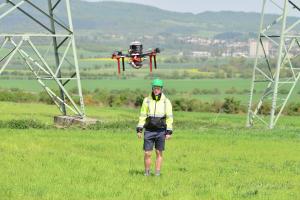
Brazil, Mexico, the United States of America, South Korea, Japan, the United Arab Emirates, India, Nigeria, Australia and many European countries, including the Czech Republic.
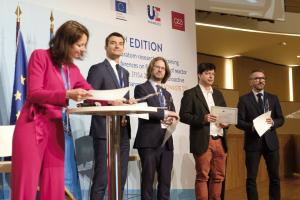
The European Commission recognises outstanding researchers or engineers who have come up with innovative ideas or proposed new solutions in the field of nuclear energy through the Nuclear Innovation Prize. This year, the MultiProtectFuel project of the Faculty of Nuclear Sciences and Physical Engineering (FJFI), led by Martin Ševeček from the Department of Nuclear Reactors (KJR), won first place in the reactor system safety category and a €50,000 prize.
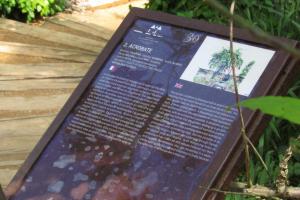
The cypress garden called Acrobat, designed by students from the Faculty of Architecture of the Czech Technical University, is one of 24 projects that are being presented at the largest garden festival in Europe this year. The gardens will be on display in Chaumont-on-the-Loire until November.

In July, the Rector's Office of the CTU in Prague organized an experiential suburban camp for children from families of Ukrainian students and CTU staff. The camp, titled Science for Children, was held with the support of the Rector of doc. RNDr. Vojtěch Petráček, CSc. and the management of the faculties and units of CTU, under the auspices of the Vice-Rector for Foreign Relations prof. Ing. Oldřich Starý, CSc. The event was attended by 31 children aged 8-14 years.
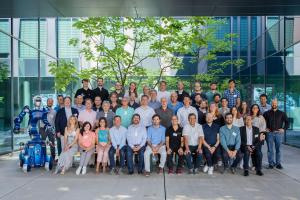
EuROBIN is a network of excellence that brings together European expertise in robotics and artificial intelligence and establishes a single pan-European platform for research and development. For the first time, a large number of leading research labs across Europe, including the Czech Institute of Informatics, Robotics and Cybernetics of the Czech Technical University in Prague (CIIRC CTU), are coming together to jointly develop AI-based robotics. The objectives of the project include both making significant scientific advances in key issues of intelligent robotics and strengthening the scientific robotics community in Europe by providing an integrative community platform. The network is open to the entire robotics community and provides cascading funding mechanisms to increase the number of members in the coming years.
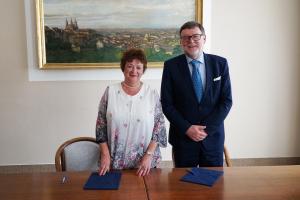
Quality cooperation and knowledge of practice are among the priorities of the Masaryk Institute of Advanced Studies (MIAS). The Memorandum of Cooperation between the institute and the Ministry of Finance of the Czech Republic, signed on 21 July 2022 by the Director of the MIAS, Prof. Vladimíra Dvořáková, and the Minister of Finance, Zbyněk Stanjura, is a confirmation of this trend.
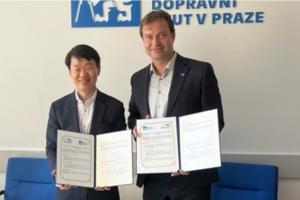
On 20 July 2022, the Faculty of Transportation Sciences of CTU in Prague signed a Memorandum of Understanding with the Korean Automotive Technology Institute (KATECH) on cooperation in the field of new technologies, testing and validation of cooperative systems and autonomous vehicle systems.
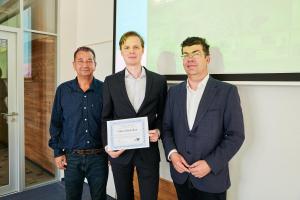
User-friendliness on the level of Netflix or Amazon Prime characterizes the new app designed and implemented by Viktor Sinelnikov for the non-commercial television company Czech-American TV. The smart TV app by a recent graduate of the Faculty of Electrical Engineering (FEL) contributes to spreading awareness of the Czech Republic in the USA.